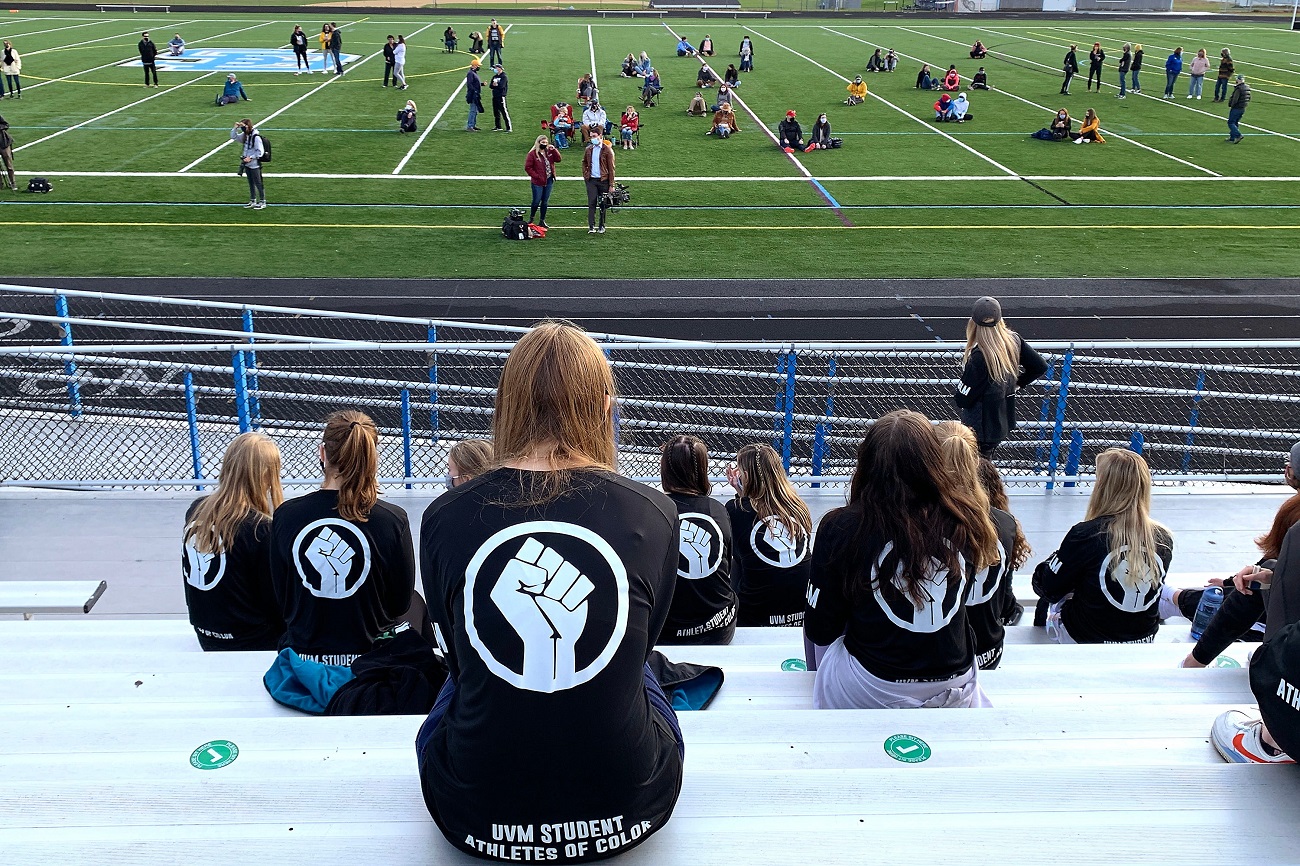In recent years, it seems as though one of the “hottest” topics in public discourse has been racism.
But not only racism has been a hot topic; any kind of discrimination has become a topic of great public interest. Racism—whether against Blacks or against Jews, misogyny, homophobia, xenophobia, and even discrimination based on political views, have all gained notoriety.
Whenever such a topic receives attention, politicians, journalists, and celebrities jump on the bandwagon and blare their views emphatically. These statements may help their careers, but I have yet to see one problem solved by sanctimonious assertions and contempt for other people’s views. If we want to solve social problems, we must understand where they come from and uproot them at the core.
“All men and women are not born equal. We are born different, and our diversity drives our development as a human race. Just as no two animals, plants, or even rocks are the same, and the diversity of nature drives evolution, so it is with human diversity.”
All men and women are not born equal. We are born different, and our diversity drives our development as a human race. Just as no two animals, plants, or even rocks are the same, and the diversity of nature drives evolution, so it is with human diversity.
The difference between human society and the rest of nature is that people, unlike any other element in creation, strive for absolute dominance. Deep down, each of us, consciously or not, strives for superiority. This is why we do not accept differences among people; we want everyone to be the same, equal.
However, we will only think that people should be the same if they are the same as me! Anyone who does not think like me is wrong, should be “reeducated,” or eliminated. Of course, this is an extreme presentation of human ambitions and most people do not maintain such extremist views, but it is nonetheless the driving force behind social mindsets.
As just stated, diversity is essential; it drives our development. The problem is our attitude toward it. To change our attitude toward diversity and make it constructive, we need to understand that were it not for diversity, we wouldn’t be here; we’d be extinct. Diversity means mutual complementation, where each element provides what no other element can. Just as we wouldn’t want salmon to be sharks, and just as we wouldn’t want our hearts to become kidneys, so we shouldn’t want anyone to be anything other than what they are. We may not see the contribution of each person to society, but ignorance does not excuse mistakes. As Martin Luther King, Jr. already pointed out, “Nothing in all the world is more dangerous than sincere ignorance and conscientious stupidity.”
Therefore, to solve negative social phenomena, we should relate to them constructively. Every time a problem manifests, we should treat it as an invitation for correction. It is not the problem itself that we should fix, but the hatred that has caused it. As said above, people’s differences make them hate one another, which manifests in different ways each time. Nevertheless, it is always the hatred that we must correct, and not the differences.
Think of the most extreme examples, such as hatred between Whites and Blacks in America. We shouldn’t expect Blacks to become, or even want to become White, or the other way around. We should, however, work on recognizing the contribution of each part to society, on the unique values and beauty that each race and color possesses, and then we will come to love one another precisely because of who we are, and we will not want each other to change. The idea is therefore not to change one another, but build love atop the differences, and in fact, precisely because of them.
If we were able to see the beauty and unique contribution of each element in society, we would grasp how dependent we are on the success and prosperity of each person in society. We wouldn’t need to deal with social problems since they would dissolve in the love that would surround everyone. If a certain problem did appear, we would treat it as a sign that we have not completed our work and there is more love to build, this time around a new rift that we did not see before. If we treat our differences in this constructive manner, we will be thankful every day that we have so many people of so many colors, creeds, and races.











